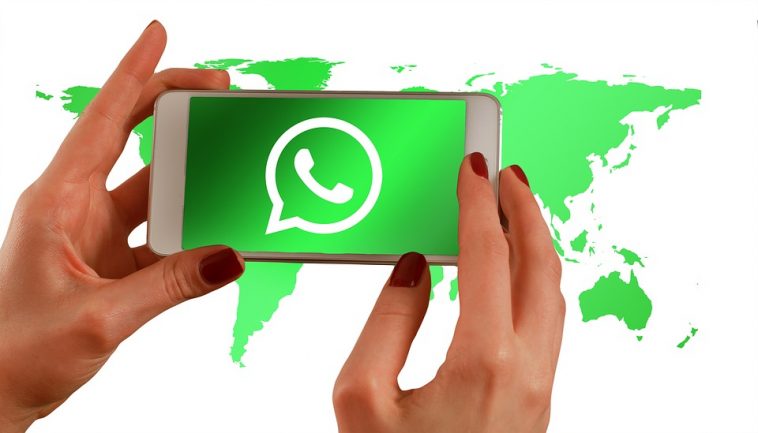Deodate Mugenzi discovered network free prototype that will make WhatsApp users make internal and international calls. The 26-years-old Mugenzi is a third-year student pursuing Information and Communication Technology at Polytechnic Regional Centre in Kigali Rwanda.
The cost of making international calls from China, Japan, the USA & Europe and to Africa is usually very expensive. Most telecommunication and other service providers charge exorbitant amounts for text messages and voice calls for international transactions. The pathetic situation hinders Africans in the diaspora to interact with friends and family members in other countries. Nevertheless, a number of innovations including WhatsApp, Skype, Viber and WeChat, and Facebook Massager try to mitigate the menace.
According to Mugenzi, the prototype development was perpetuated by the need of Africans to converse with friends and family members globally. The idea generation began in 2017 but the future is promising to have a life-changing impact on the lives of people worldwide. Furthermore, the innovation started from playing with laptop to a vigorous library research using physics and computer as key arsenals.
Besides solving communication problems, the initiative also borrowed from his passion for Science and Technology. Due to the bad situation in the continent, Mugenzi conducted intensive research based on IT skills gained in class and from Physics books. The whole system operates using optic physics, mobile garget communication techniques, and networking principles.
The innovation requires registration of both receiver and caller numbers on WhatsApp platform. Despite the existence of a large number of telecommunication providers, only WhatsApp can connect two users at ago. Even though prototype helps in connecting people all over the world, the program does not allow multiple calls simultaneously. The current stage of development can, therefore, support a single call at a time.
More financial, technical and mechanical support is needed to hasten the innovation for commercialization. Alongside entrepreneurship, African youths are encouraged to put more effort in academics and innovation. The system has attracted many telecommunication firms which expressed their interest in buying the idea for further development. Mugenzi currently partners with American embassy to offer innovative training to several young people in Rwanda.



